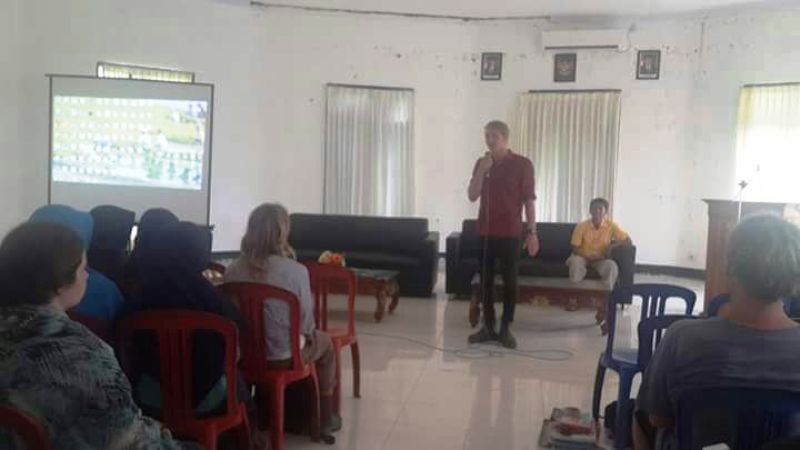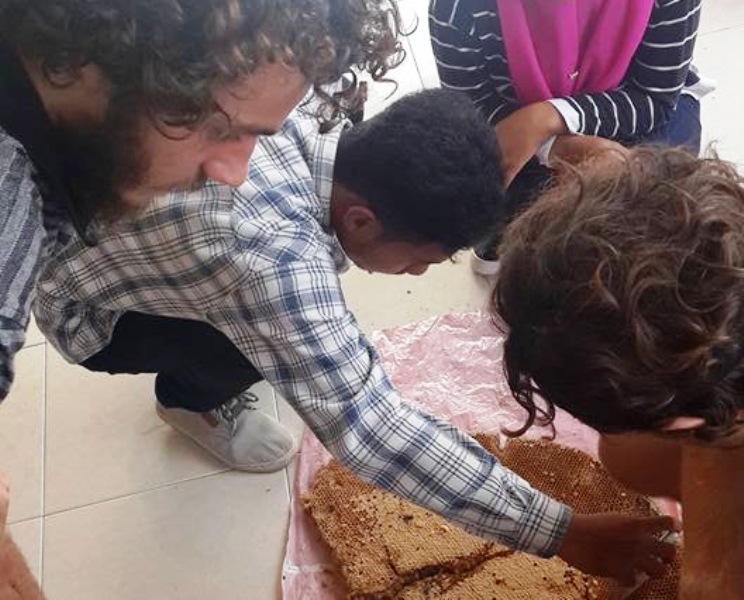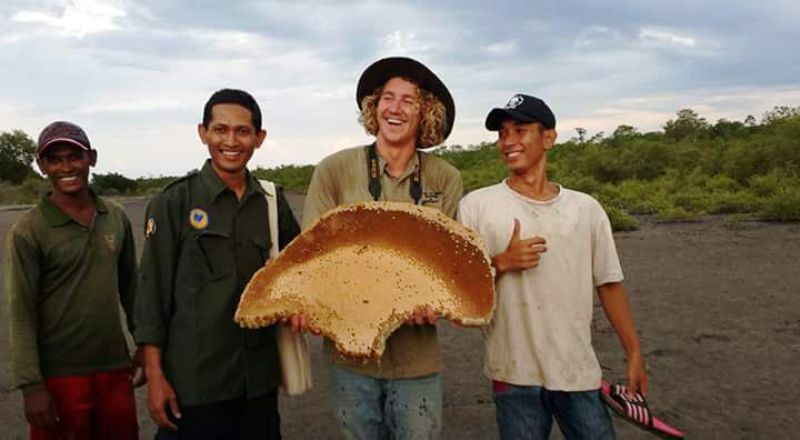The Faculty of Technbiology, Sumbawa University of Technology (FTB UTS) received a visit from the Non-Timber Forest Product-Exchange Program (NTEP-EP), recently. NTEP-EP is one of the world’s organizations engaged in the production of non-timber forest products. This organization has collaborated with various countries in the Asian region such as Indonesia, Malaysia, the Philippines, India and Vietnam. The collaboration that will be established with FTB UTS is related to the standardization of Sumbawa forest honey.

Sumbawa honey is the main non-forest commodity that has become an icon of the Sumbawa region. Madu Sumbawa has obtained Intellectual Property Rights (HAKI) and Geographical Indications (GI). Sumbawa honey has earned a good image as a superior product at the national level. Unfortunately, until now there is no standardization of quality so that it becomes the main obstacle for Sumbawa honey in penetrating the global market. “Scientific proof is needed so that Sumbawa honey can become a commodity that has a selling value in the international market,” said Andi Baso Manguntungi, M.Si, Dean of FTB UTS.

The form of collaboration between the FTB UTS and the Non-Timber Forest Product-Exchange Program (NTFP-EP) is that UTS as an academic institution will conduct research to test standard parameters in testing the quality of Sumbawa honey. Meanwhile, NTFP-EP will use the research results from the FTB UTS to strengthen the image of Sumbawa forest honey so that it has distinctive characteristics to be marketed at the global level. The form of a number of studies that can be carried out are research on the characteristics of feed sources, identification and characterization of microbial types in Sumbawa forest honey, and research on sugar content in Sumbawa honey.
This collaboration will be a good step for both parties, where the research that will be carried out by FTB UTS will receive support from NTFP-EP. In addition, the end result of this form of collaboration is to increase the quality value of Sumbawa honey which will have an impact on the economy of the community, especially the Sumbawa forest honey farmers and breeders. With the introduction of Sumbawa honey which has superior quality in the international arena, it will greatly impact on improving the economy of the Sumbawa region.


